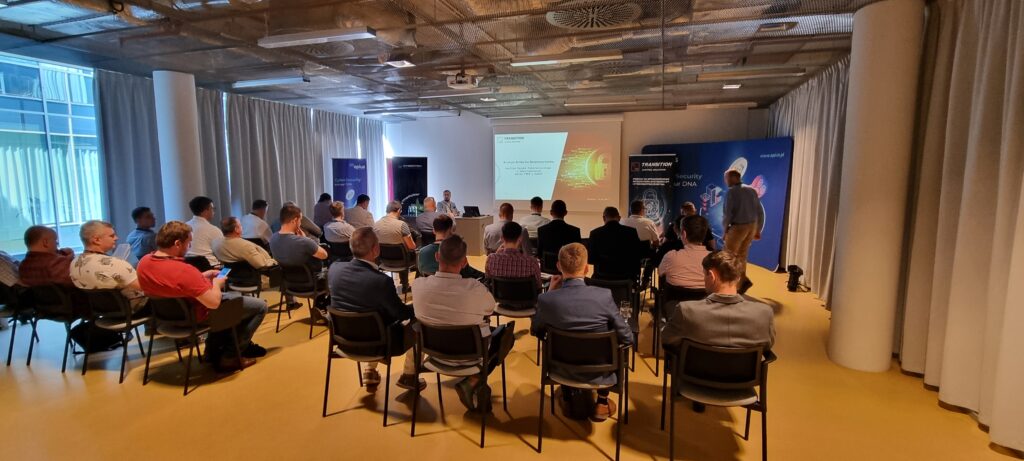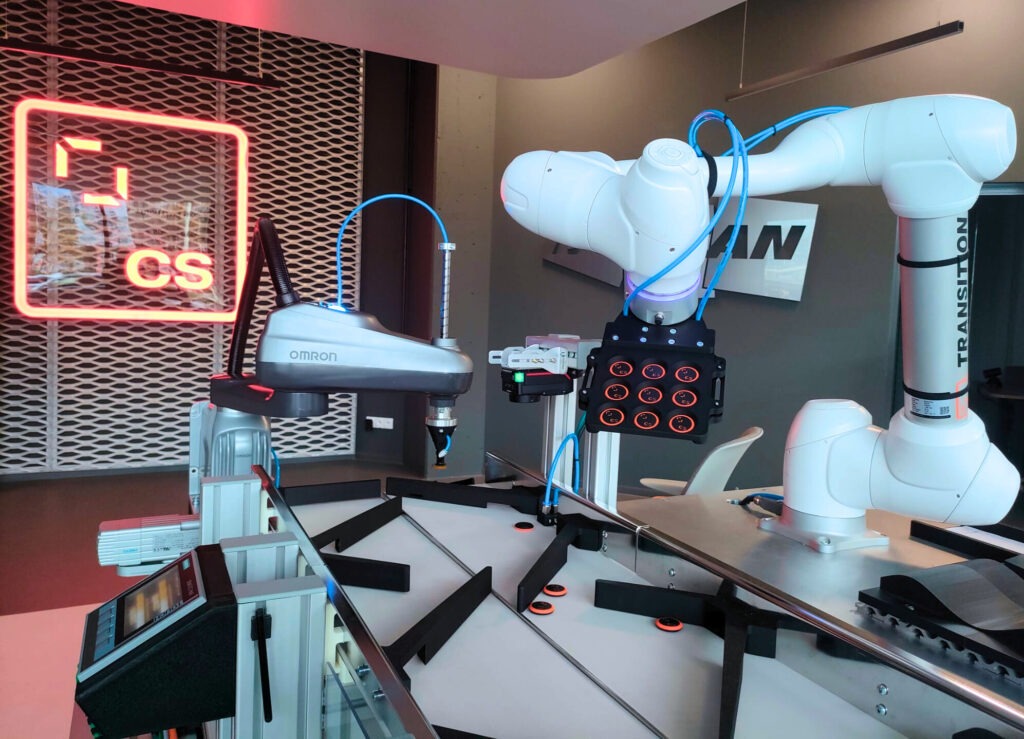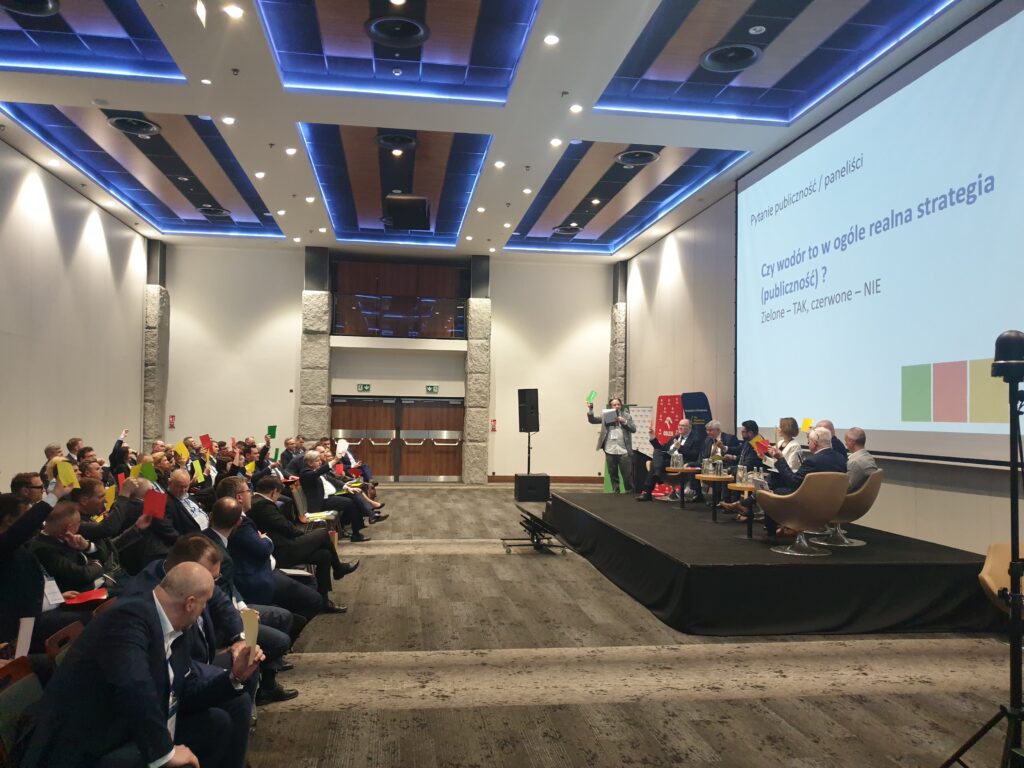Industrial companies often struggle with problems such as low process efficiency, errors due to manual operations or downtime due to failures. One of the challenges faced by Integrators is the selection of a control system and the writing of an application in the PLC that allows to optimally perform a given production process. Thanks to cooperation with many manufacturers, an extensive team of Engineers, multiple validations and the development of our own standards, we can boast of many successes in this area.
Programmable logic controllers (PLCs)
by using PLCs.
Find out how we can support your business
Problems and challenges
Low process efficiency
Production using manual labor, strongly depends
on the performance of individual workers. The use of PLCs makes it possible to speed up the production process.
Human errors
Manual execution of operations involves the risk of errors and mistakes. The use of programmable controllers, allows to increase repeatability and the risk of mistakes.
Downtime and breakdowns
Downtime generates costs. Human errors can lead to unnecessary production stops or machinery and equipment breakdowns. Production automation and the use of PLCs allow optimization of the production process and predictive maintenance.
Step by Step
Implementing PLCs in an enterprise is a process that requires precise planning and customization to meet specific production needs. TTCS provides a comprehensive approach at every stage of implementation.


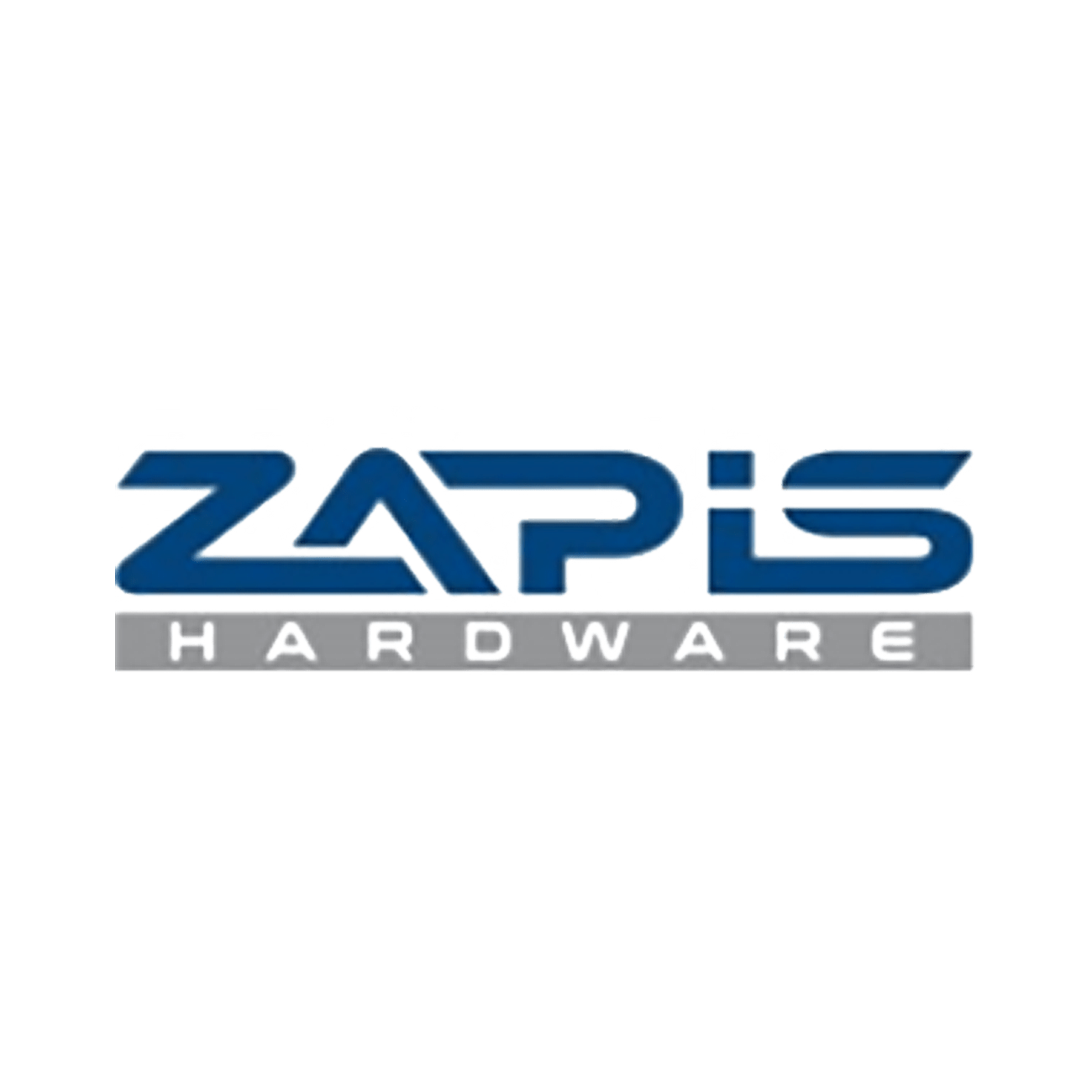
Competitive Advantage
We are part of the renowned Transition Technologies Group, which has been creating the future of industrial technology since 1991. The group includes 21 companies, employs more than 2,280 specialists and operates from 27 offices around the world, operating with 100% Polish capital. Our mission is to provide innovative technology solutions that drive global industry growth.
- Innovation: We constantly invest in the latest technologies to keep our solutions at the forefront of innovation.
- Experience: More than three decades in the industrial technology market provide us with the knowledge and skills needed for the most demanding projects.
- Quality: We are ISO 9001:2015, ISO 27001:2013 and ISO 45001:2018 certified, confirming our commitment to the highest standards of quality and safety.
When you choose our solutions, you are investing in the future of your business – a future that is innovative, efficient and sustainable.
We work with the best:

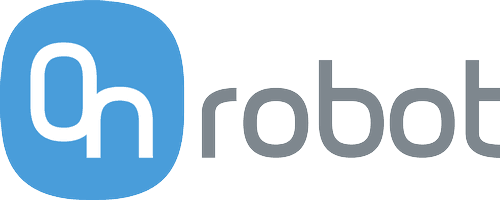








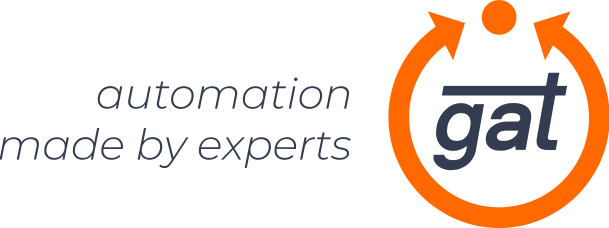
Opinions of Our Customers

”From the very beginning of our cooperation, Transition Technologies-Control Solutions has made itself known as a reliable partner. What set them apart was their creative approach at the bidding stage. We were presented with several proposals for solutions based on which we could choose a target direction.</p>
Adam BombaProcess Manager
<p>During implementation, on the other hand, they acted with determination, solving successive problems that arose. Faced with the fact that the project was implemented in a difficult market environment, we often had to work together and develop remedies, often through compromise. Also, during the operation of the site, they reacted constructively and quickly to faults as they appeared.</p>
<p>TT-CS has proven itself as a trusted partner in challenging projects. We positively look forward to working together on future mechanical engineering projects.
Our experts guarantee the quality of services

He graduated from the Wroclaw University of Technology, majoring in automation and robotics, and from the University of Wroclaw and Lodz, where he studied Computer Science.
He has been with Transition Technologies Group since 2008, and has actively participated as a solution integrator in many projects around the world, in the field of industrial automation in the energy sector.
Since 2022, he has been the Director of Industrial Automation. strategic projects. He is responsible for the implementation of key projects for the company, mainly in the energy and Gas & Oil sectors at Transition Technologies-Control Solutions.

He is a graduate of Wroclaw University of Technology, where he completed his master’s degree in Automation and Robotics at the Faculty of Electronics, and Wroclaw University of Economics, where he completed postgraduate studies in Project Management. He has been an active engineer since 2011, focusing his interests in the area of process automation. He has been with Transition Technologies Group for more than five years, serving as an engineer and designer (instrumentation and control systems).
Since 2022, he has served as Manager in the Strategic Projects Department at Transition Technologies-Control Solutions.
He is a member of PIME. He holds Prince2 certification, which confirms his competence in managing large projects.
Its portfolio boasts a number of projects on strategic facilities and for critical infrastructure, including. leading the ACP work on the construction of Baltic Pipe.
He is currently expanding his knowledge and competence in the area of functional safety and hazard analysis.

A graduate of Kielce University of Technology, where he majored in Environmental Engineering at the Faculty of Construction and Environmental Engineering. His entire career has been in the technical industry, where he effectively combines engineering knowledge with business and interpersonal skills to support sales processes for technology and engineering solutions.
To grow in the field of industrial automation, he joined the TT-CS team. He is passionate about aquariums and terrariums, creating and nurturing complex ecosystems for aquatic and exotic animals. His hobby requires precision and patience, which is reflected in his professional approach to his work

A graduate of Wroclaw University of Technology, where he graduated in 1990 with a degree in Electron Technology from the Department of Electronics. He began his career as an assistant designer at the “Record” Automation Systems Company.
He has been with Transition Technologies Group for more than 26 years.
For more than 12 years, he has served as Project Manager at Transition Technologies-Control Solutions.
In his role, he manages the implementation of industrial automation projects.
We Are Here to Help
Are you interested in our offer?
Write to us for a personalized consultation.
- Individual counseling
- Tailored solutions
- Quick implementation
- Experts with experience
Fill out the form and get a free consultation
Questions
and answers
In the FAQ section, you will find answers to key questions about our services and processes, based on knowledge and experience. Our goal is to dispel doubts and provide clear information.
What are the main benefits of implementing PLCs in my company?
PLCs offer key benefits such as automating processes, reducing human error, improving precision and increasing production efficiency. With the ability to monitor machine health in real time, PLCs help detect problems at an early stage, minimizing the risk of downtime.
In addition, the modular design of PLCs allows them to scale and expand as needs grow, making them ideal for rapidly growing companies.
What manufacturing problems do PLCs most often solve?
PLCs, above all, eliminate errors resulting from manual control, which significantly increases the quality of production. Process automation avoids delays and downtime, which often result from equipment failures or machine malfunctions. With predictive functions and real-time monitoring, PLCs enable early detection of faults, which minimizes downtime and allows maintenance planning. Workflow optimization further contributes to operational efficiency.
Can PLCs be customized to meet the specific requirements of my plant?
Yes, PLCs are highly scalable and flexible, allowing them to be customized to meet the specific needs of your plant. Depending on the requirements of your production processes, you can add additional input/output (I/O) modules, communication functions, or specialized control programs. As a result, PLCs can handle both simple and highly complex operations, providing full control over production processes and enabling easy integration into existing systems.
What are the costs of implementing PLCs?
The cost of implementing PLCs can vary depending on the size of the plant, the complexity of the processes and the number of modules needed. A key determinant of cost is the degree of automation you want to achieve and additional features such as predictive maintenance, advanced monitoring systems or integration with SCADA systems. An investment in a PLC, however, quickly pays for itself through savings from reduced errors, increased productivity and minimized downtime.
What are the most common challenges in implementing a PLC?
The most common challenges include integrating PLCs into existing production systems and processes, as well as the need to customize programming to meet specific plant needs. In some cases, appropriate infrastructure upgrades are also required so that PLCs can operate at full efficiency. It is also important to ensure that personnel operating the system are properly trained to maximize the PLC’s capabilities and keep operations running smoothly.
What is the process of servicing PLCs?
PLC servicing includes regular monitoring of their condition, software updates and hardware maintenance. As part of maintenance, PLCs can be programmed to automatically report on potential technical problems, allowing quick service responses and minimizing downtime. Remote monitoring systems also make it possible to manage PLCs without direct contact with the machines, further reducing downtime and improving maintenance.
What programming languages are used in PLCs?
PLCs are programmed using several languages that are standard in industrial automation. The most popular is Ladder Logic (ladder language), which resembles electrical schematics, making it easier to understand. Other languages used include Function Blocks (FBD), Sequential Function Diagrams (SFC), Text Instructions and Instruction List (IL). The choice of language depends on the specific needs and complexity of the automation system.

